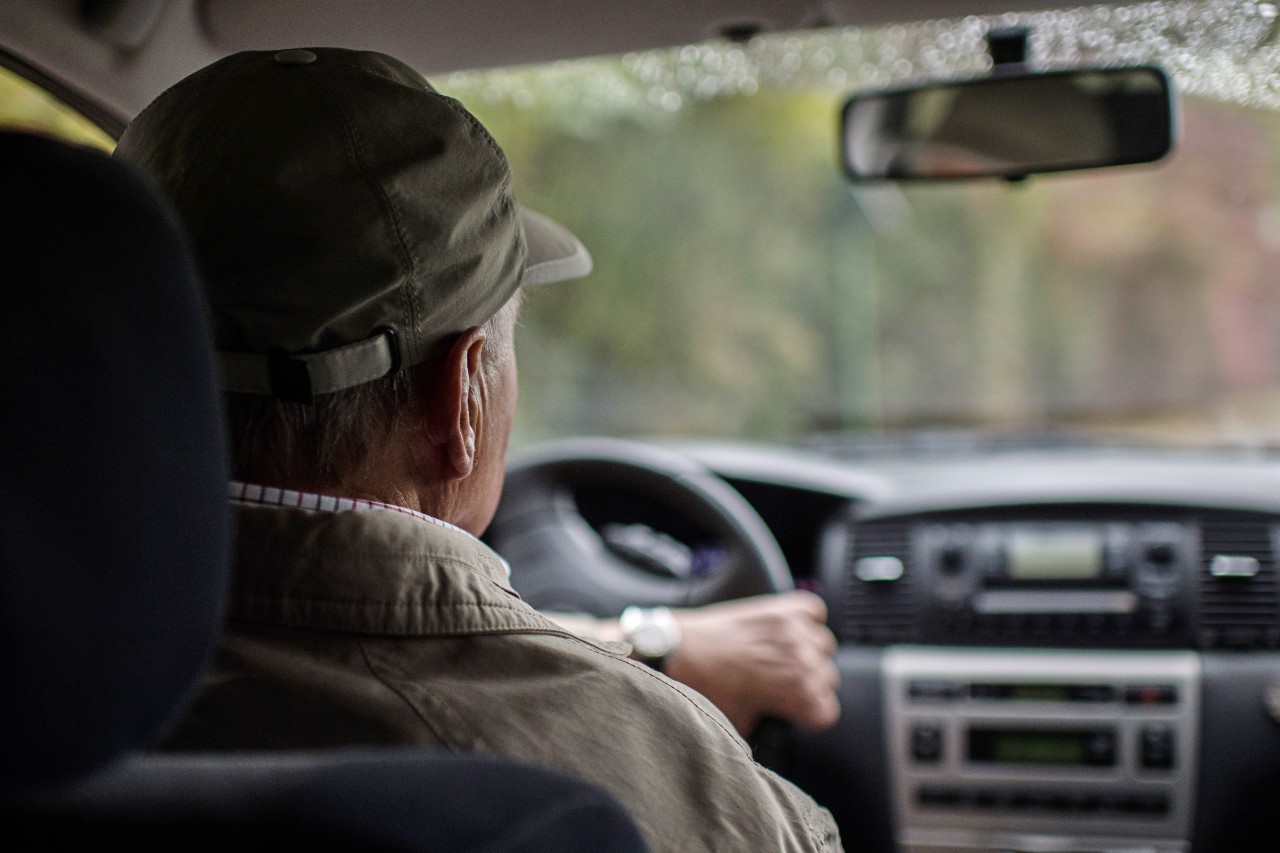The question of whether over-70s should take tests to determine whether they are still fit to drive has been mulled over by the European Commission for some time, and next week will see the start of formal debates in the European parliament.
Back in 2022, sobering data revealed that around 20,600 motorists had died in car accidents within the EU. The number of annual road deaths is a key factor in the EU’s planned amendments to driving licences, which is likely to include compulsory fitness checks for senior drivers.
If adopted, the amendment would bring Germany in line with several of its European neighbours, including the Netherlands, Denmark, Sweden and the Czech Republic. These countries all currently require drivers over 70 to undergo medical tests if they want to keep their licence.
In Spain, meanwhile, compulsory tests begin at the age of 45.
In contrast, Germany currently operates under a principle of driving licences for life, meaning that once a driver has passed their test, they won’t be expected to take another one – regardless of their age.
One exception involves drivers who may have caused an accident due to suspected health issues. If an older motorist is at fault in an accident, the driving licence authority may order them to take a medical examination in order to test things like reaction speed, sight and hearing before they can recover their licence.
READ ALSO: How do I convert my foreign driver’s licence into a German one?
Since 2013, driving licences in Germany have had an expiry date of 15 years, with drivers who were born before 1953 given a deadline of January 19th, 2033, to hand in their old licences.
This rule is unrelated to any medical checks required of drivers, however: if driving licences aren’t renewed by the stated deadline, motorists can simply ‘reapply’ by sending in a new photo.
Tests ‘every five years’
Though the European Commission’s amendments are currently under review, the proposal on the table is for medical tests to be carried out every five years for senior drivers.
The specifics of the fitness checks would be left up to individual member states, and there would also be flexibility on what age drivers would have to take the tests.
The proposal must now be passed in the European Parliament in order to become law and may take several years to be introduced – but Germany, along with France and Austria, have already voiced their opposition.

“It’s just dealing with forms without achieving any improvement in road safety,” Transport Minister Volker Wissing (FDP) said in a radio interview with WRD5. “I don’t want to be involved in creating unnecessary bureaucracy at a time when bureaucracy is already threatening to suffocate us.”
READ ALSO: What you should do if you lose your driver’s licence in Germany
Nevertheless, there appears to be widespread public support for the amendments, with recent surveys suggesting that the vast majority of Germans favour tests for older drivers.
In a poll carried out by price comparison portal Verifox, 74 percent of respondents said the EU was right to propose regular fitness tests for seniors.
Of these, 89 percent said the tests should be carried out every three years or more regularly, while just seven percent said they supported tests every five years.
Data from Germany’s Federal Office of Statistics shows that older drivers are less likely to be involved in road accidents than motorists in other age groups.
However, when senior drivers do get into accidents, the consequences tend to be more serious: motorists over the age of 65 are the age group most likely to be involved in accidents that result in either death or serious injury.




 Please whitelist us to continue reading.
Please whitelist us to continue reading.
Member comments